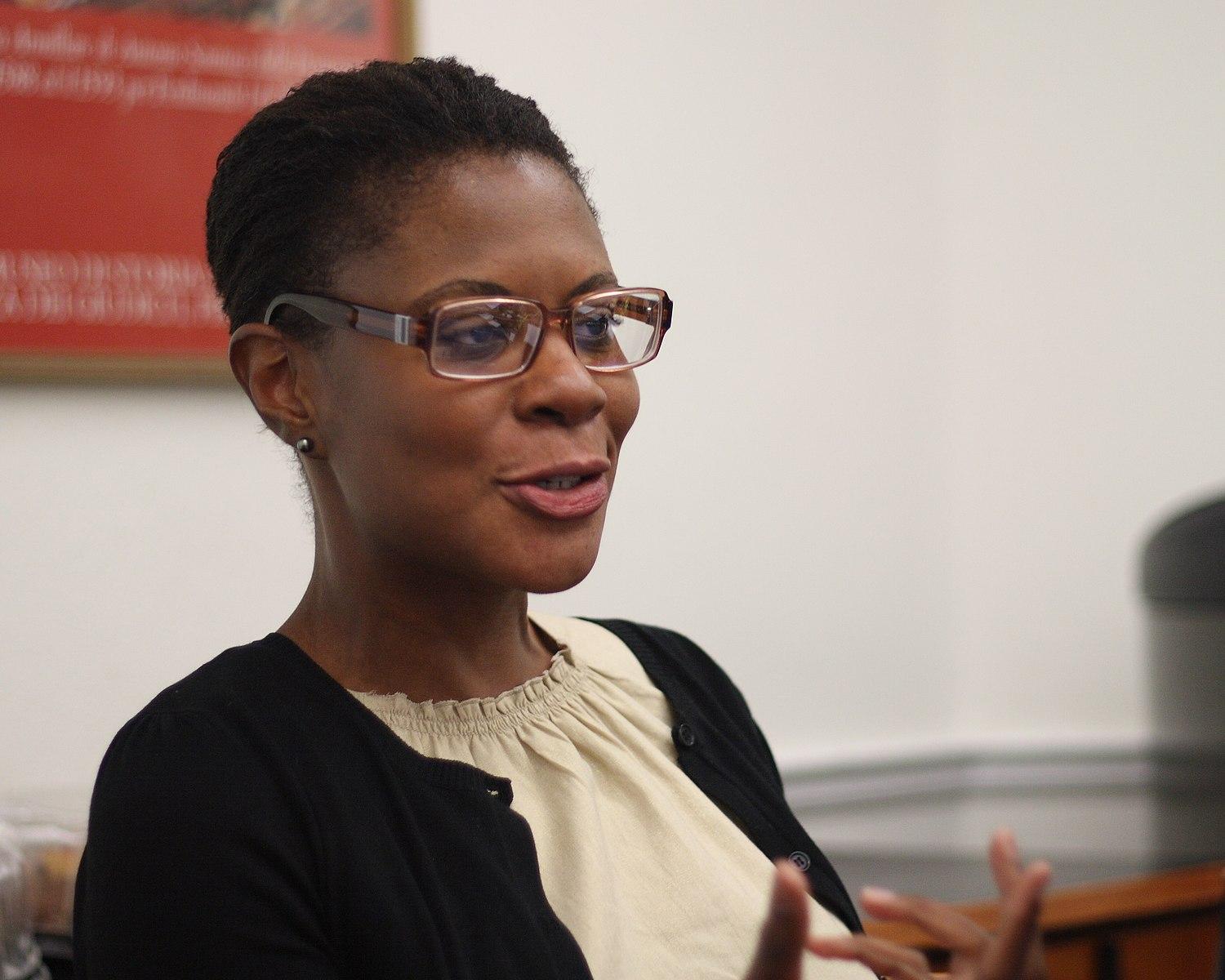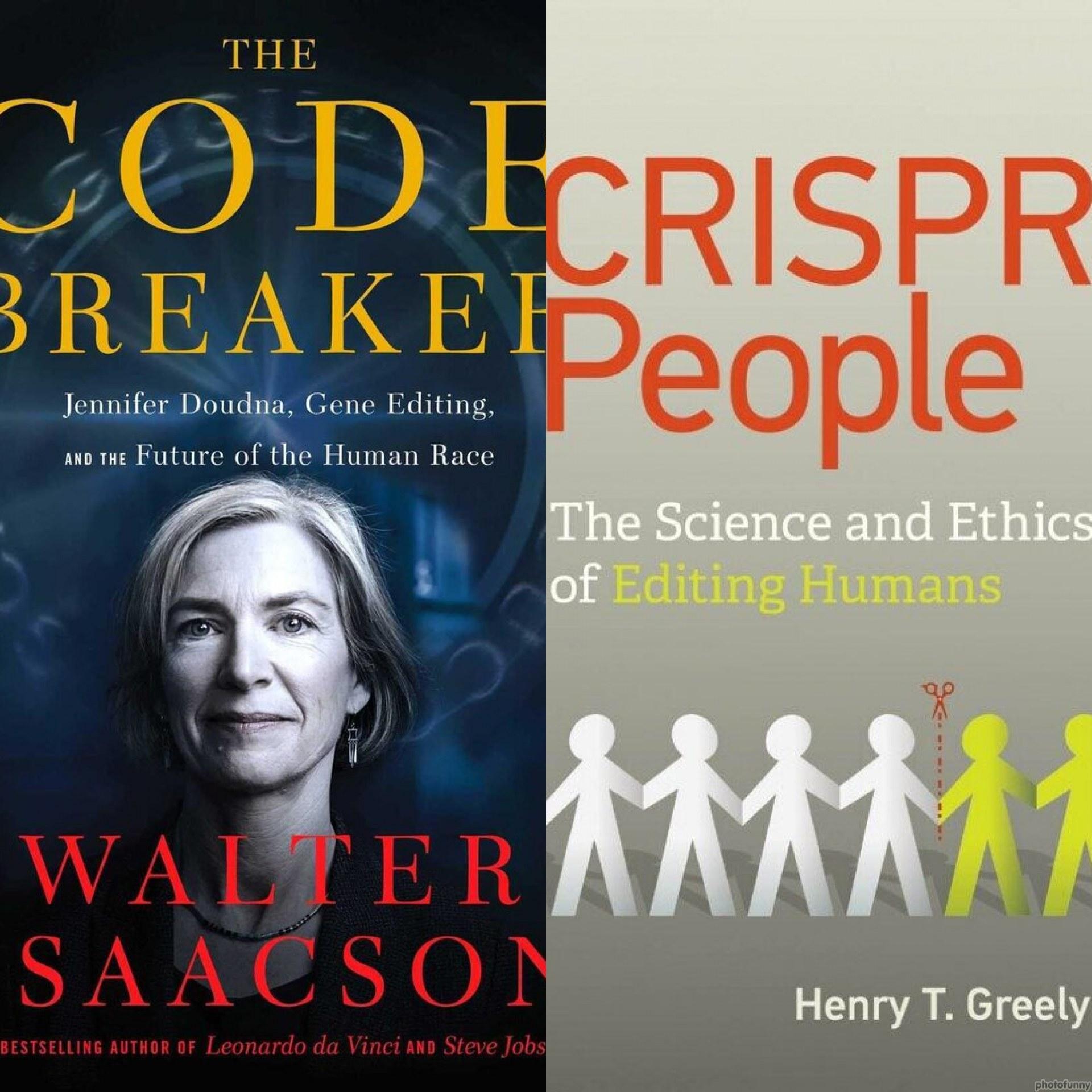Racial Justice
Biologists and social scientists agree that race is a social category, not a biological or genetic one. Yet the idea that genetic lines can be drawn between racial groups continues to make its way into human genetic research and biotechnologies. Examples can be found in some genetic studies on racialized health disparities, direct-to-consumer genetic ancestry tests, and race-specific drugs. These products and practices are both inaccurate and socially pernicious when they reduce race to a set of biological markers and fail to address racism and the social, political, environmental, and economic inequalities that continue to make race a salient social category.
Image of Sonoma State Home, site of the highest number of eugenic sterilizations in California, courtesy of Alexandra Minna Stern...
Published September 26, 2023
Emily Galpern speaks at the Black Women for Wellness Reproductive Justice Conference in August 2023 about deep disparities between the people most directly affected by state control of reproduction and those with privilege who can access privatized, high-cost fertility services to form their families.
Published September 21, 2022
How should we talk about equity in the context of human genome editing? While sky-high costs and lack of access to potential somatic gene therapies are important to address, we also need to ask critical questions about health equity, sovereignty, and racial justice––particularly in relation to heritable genome editing, which would alter the genes and traits of future generations. This roundtable discussion with Indigenous geneticist-bioethicist Krystal Tsosie, reproductive justice scholar and advocate Dorothy Roberts, and educator and activist Milton Reynolds addresses the legacies of eugenics, honoring Indigenous sovereignty, decolonizing DNA, and why conversations about heritable genome editing urgently need voices and perspectives grounded in social justice and human rights. This discussion was hosted by Center for Genetics and Society and moderated by CGS associate director Katie Hasson.
Access a full transcript and learn more about the event and speakers at https://www.geneticsandsociety.org/in....
Published March 31, 2023
The third panel in CGS' Missing Voices Initiative webinar series, this roundtable conversation explored the perilous prospect of reproductive uses of human genome editing from the perspective of feminist and reproductive justice scholars and advocates. Their intersectional analyses illuminated concerns related to eugenics and the rapidly expanding global fertility industry. Speakers were Kavita Ramdas, Alana Cattapan, and Amrita Pande, and the panel was moderated by Susan Berke Fogel.
Find more information about the panel's speakers here: https://www.geneticsandsociety.org/in...
Learn more about CGS' Missing Voices Initiative here: https://www.geneticsandsociety.org/in...
Published March 2, 2023
This two-part online CGS event centers social justice and human rights, presenting voices and perspectives from feminist, disability rights, reproductive rights and justice, racial justice, environmental, and human rights movements and scholars, who question whether heritable genome editing has any place in a fair and inclusive future. Day 2 of the symposium includes two panels: "Missing voices speak out," featuring Larkin Taylor Parker, Abril Saldaña, Dana Perls, and Nourbese Flint, and moderated by Emily Galpern; and "Genetic justice beyond the summit," featuring Isabelle Bartram, Maria Ní Flatharta, Milton Reynolds, and Katie Hasson.
This two-part online CGS event centers social justice and human rights, presenting voices and perspectives from feminist, disability rights, reproductive rights and justice, racial justice, environmental, and human rights movements and scholars, who question whether heritable genome editing has any place in a fair and inclusive future. Part one took place on February 27, 2023 and features CGS Executive Director Marcy Darnovsky discussing history and context of the Summit process, followed by Dorothy Roberts, Rosemarie Garland-Thomson, George Annas and Silvia Yee (moderator) in conversation to discuss the social justice case against heritable genome editing.
View a recording of the February 25, 2021 event sponsored by the San Francisco Asian Art Museum:
With film clips and discussion, this DEAI series workshop explores a dangerous idea that has threatened the American Dream from the beginning: the belief that some groups and individuals are inherently superior to others and more deserving of fundamental rights. View excerpts from the 2018 documentary “A Dangerous Idea,” which reveals how biologically determined politics has disenfranchised women and people of color and provided a rationale for state-sanctioned crimes committed against America’s most vulnerable citizens, and discuss the meaning, use, and misuse of gene science. With UC Berkeley bioethicist and Center for Genetics and Society senior fellow Osagie K. Obasogie, Marcy Darnovsky, executive director at the Center for Genetics and Society, and “A Dangerous Idea” filmmaker Stephanie Welch. Moderated by Milton Reynolds.





